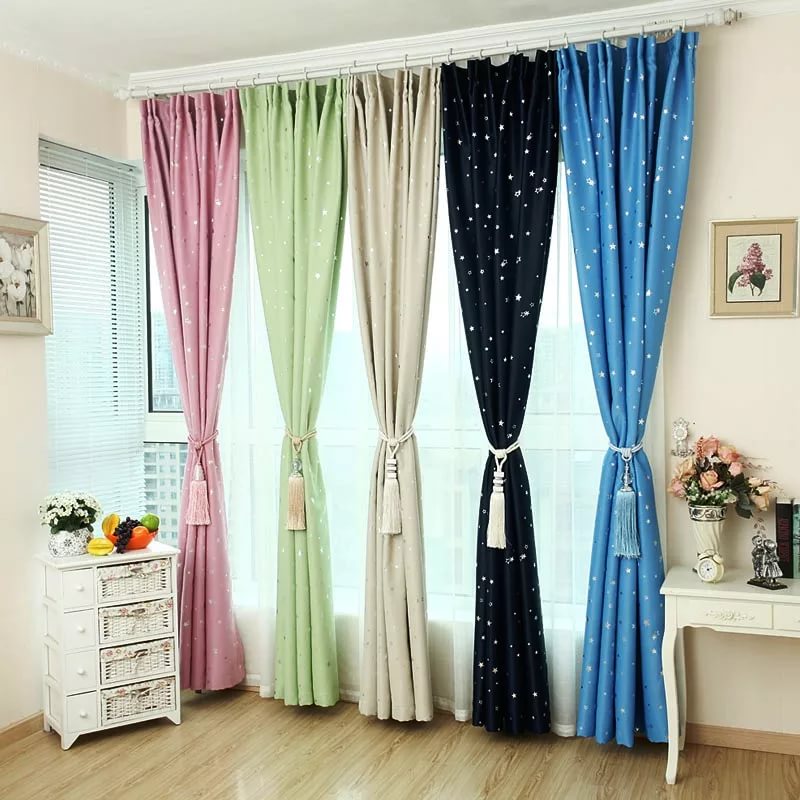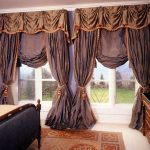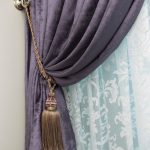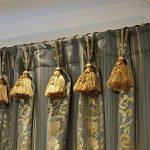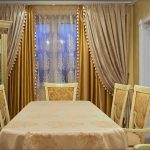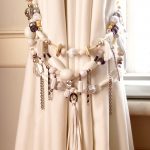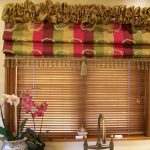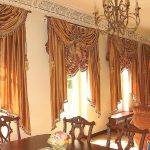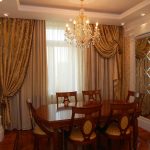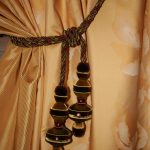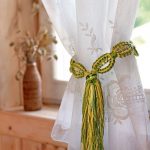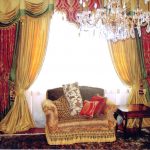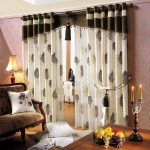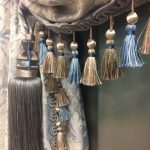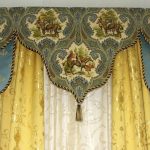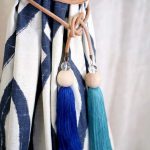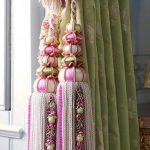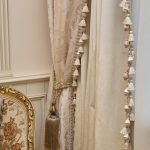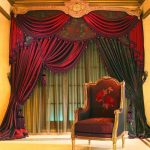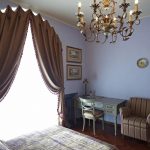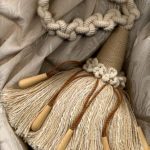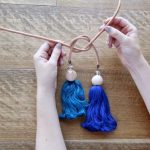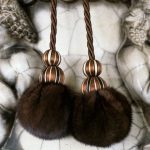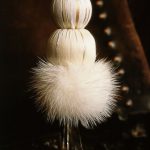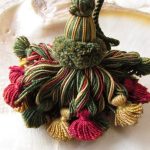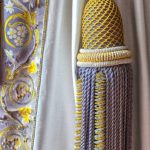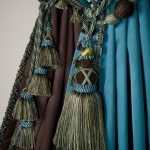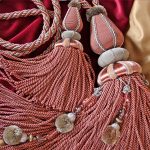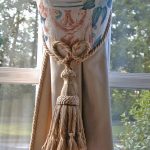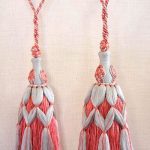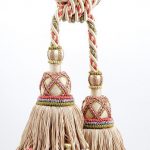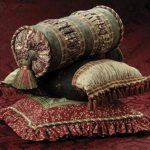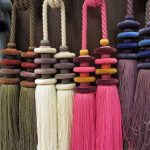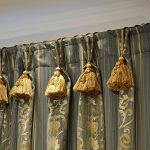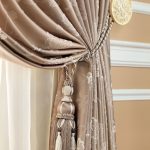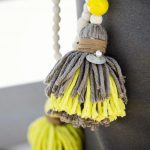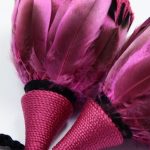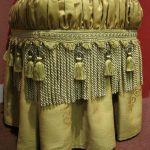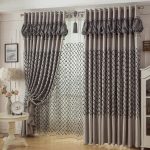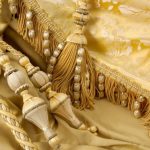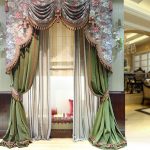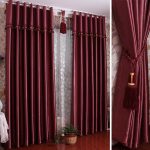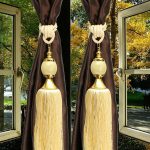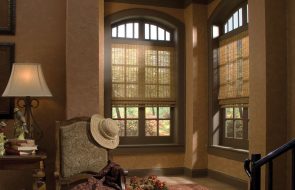You can complement the interior decor with accessories for window openings. Most people prefer curtains and blinds. But today, tassels for curtains are especially popular. They can be purchased ready-made, or you can make them yourself. Such hand-made products will bring originality, freshness and create an exclusive style for the room.
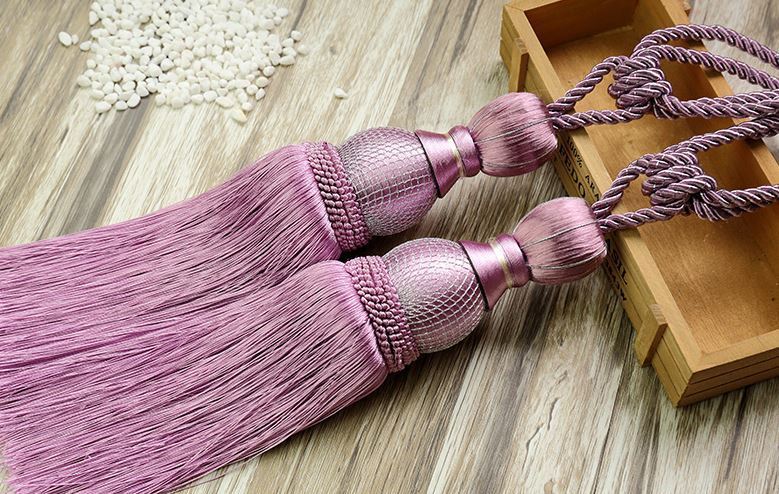
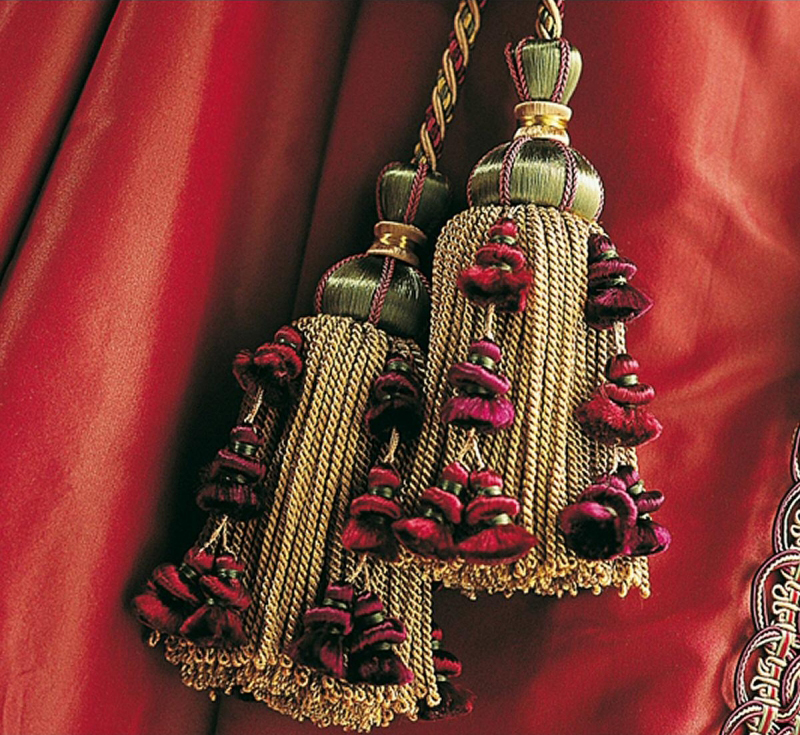
Content
- History of the emergence of curtain tassels
- Review of decorative tassels for curtains
- Curtain tiebacks: application options and purpose
- How to make tassels and grabs with your own hands?
- The best examples of curtain decoration with tassels, photos in the interior
- VIDEO: DIY curtain tassels.
- 50 photos of different original tassels for curtains:
History of the emergence of curtain tassels
Textile accessories for windows are presented in a wide variety. Decorating a room in this way has a rich history, which goes back to ancient times. The appearance of decorative tassels for curtains dates back to the Roman Empire, and their huge popularity came in France during the Renaissance.
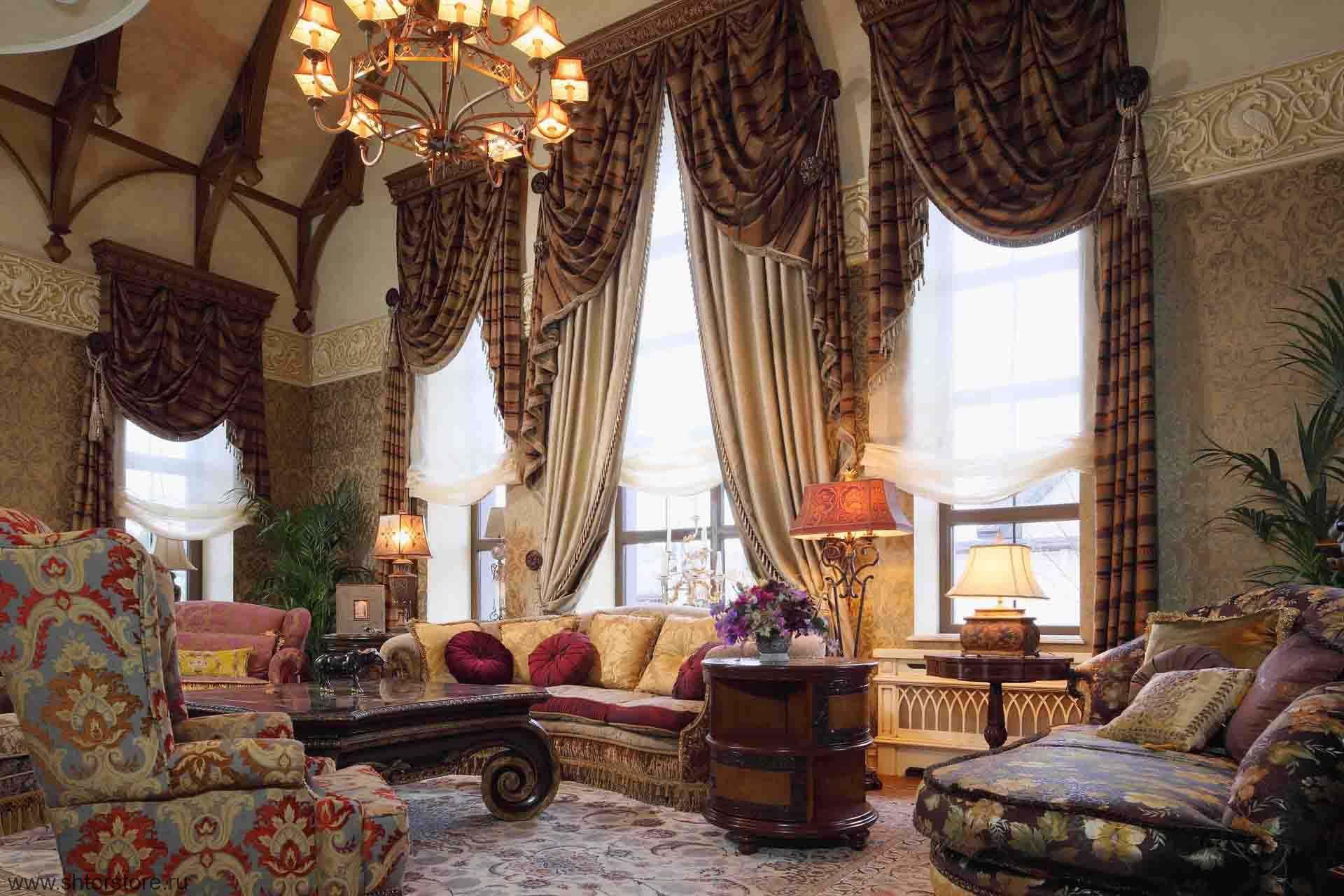
The 17th century is characterized by the golden age of the product - production from various materials (silk, cotton, wool) begins. At this time, they were used in almost all textile products, such as furniture, curtains, women's shoes and much more.
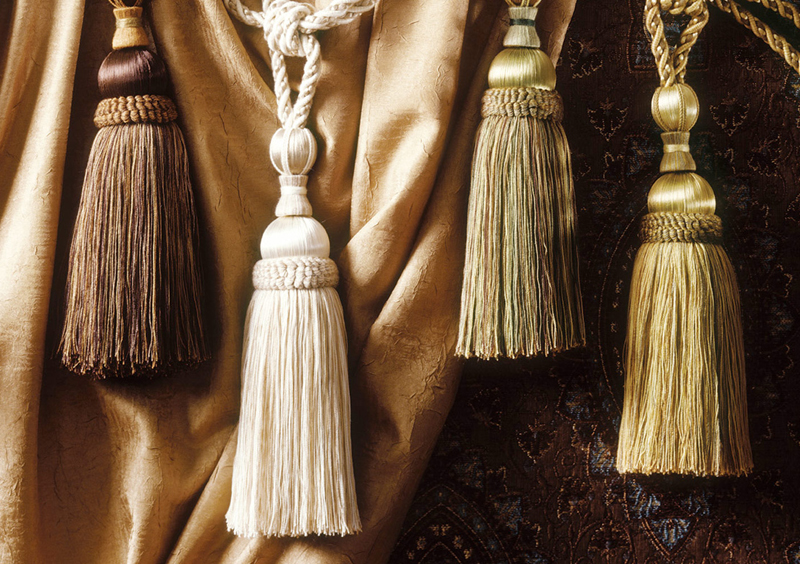
Interesting fact! Fashion is cyclical, so after a short period of oblivion, the tassel trend returns. Especially considering that the practical accessory is very convenient to use.
The decorative item is intended to decorate lambrequins and curtains. The accessory can also be a self-sufficient element in the design of the room. They are made to modify sofa cushions, which are an integral part of the curtains.
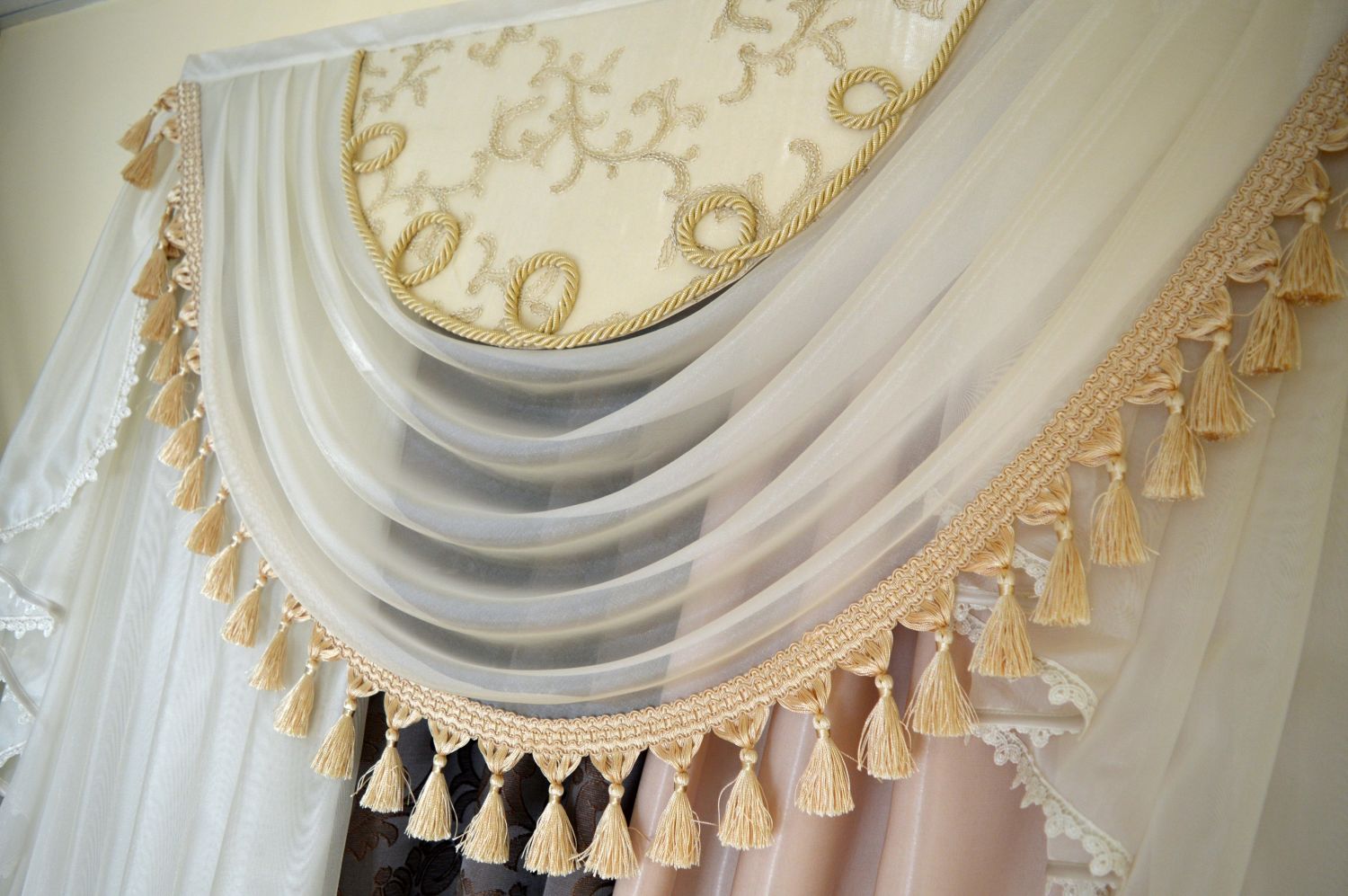
In modern design, decoration with such accessories is possible in various styles, but they are more harmoniously combined with classics - Art Deco or ornate Baroque. Such styles have notes of luxury and elegance, and the use of brushes will become a symbol of wealth and noble status.
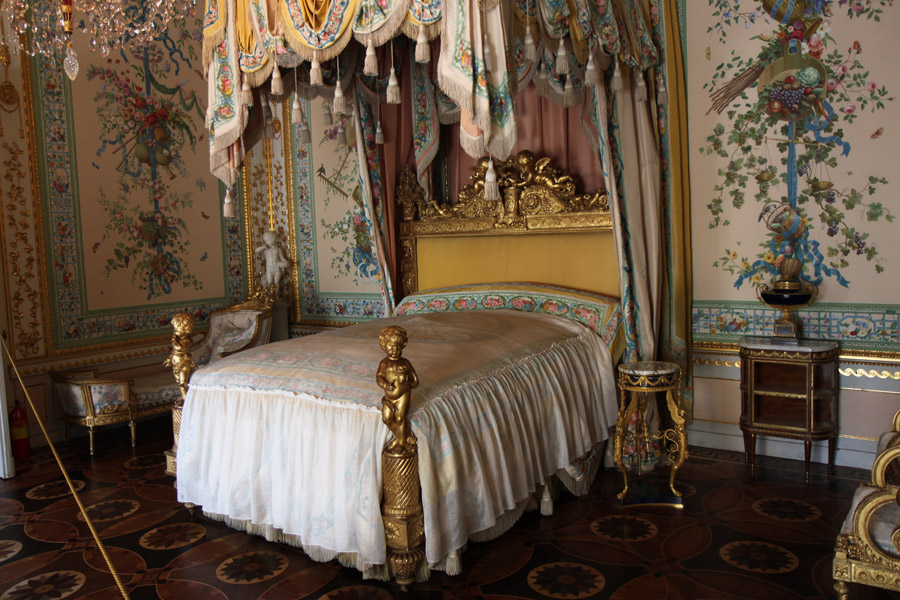
In case of decorating minimalist curtains, they are able to bring brightness, originality and chic. Thus, the whole room will be transformed and change its style to a more festive one. The addition of Avant-garde and Hi-Tech will look unusual and bright.
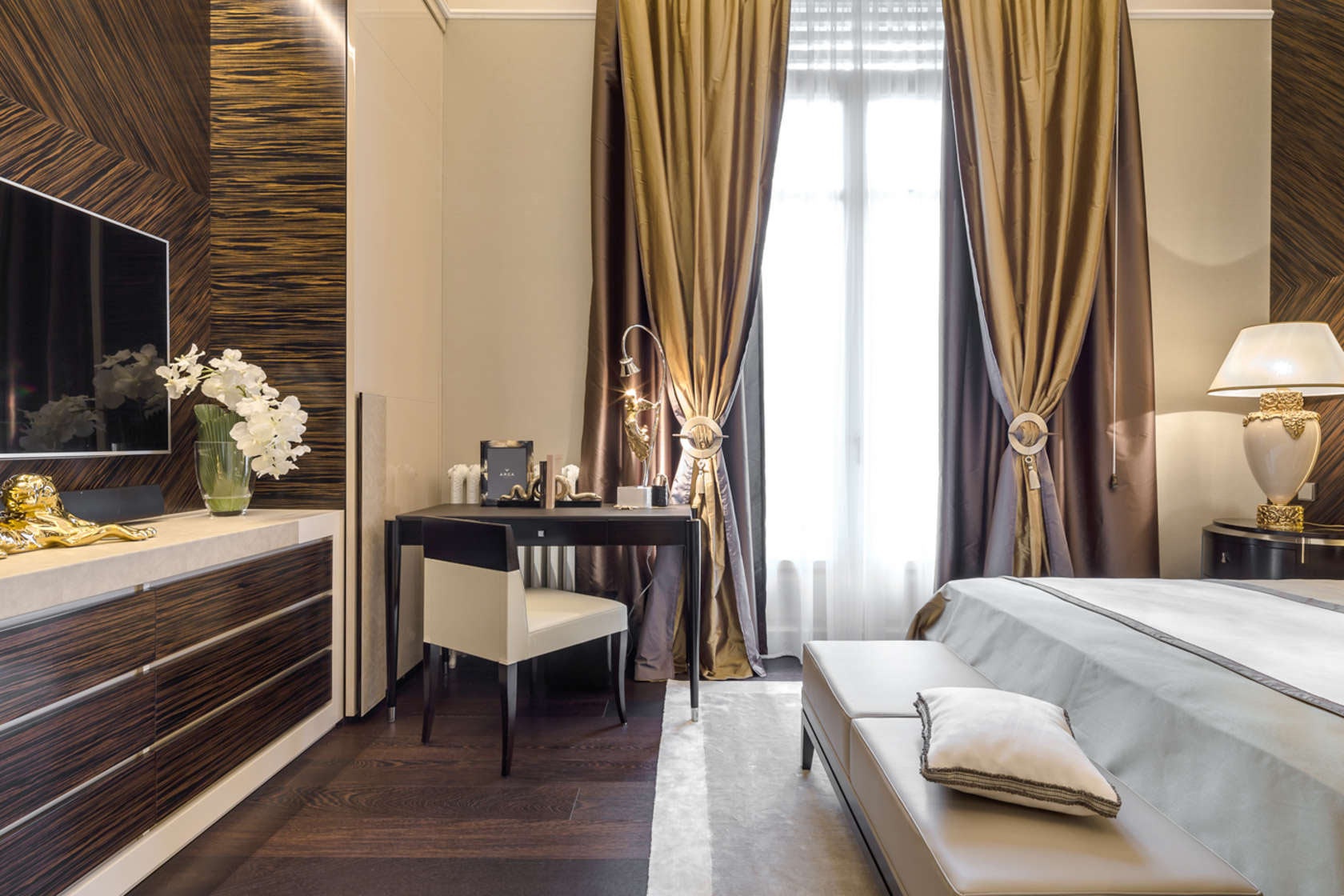
An oriental element – fringe – is perfect for the Empire style, as well as for French and Austrian curtains.
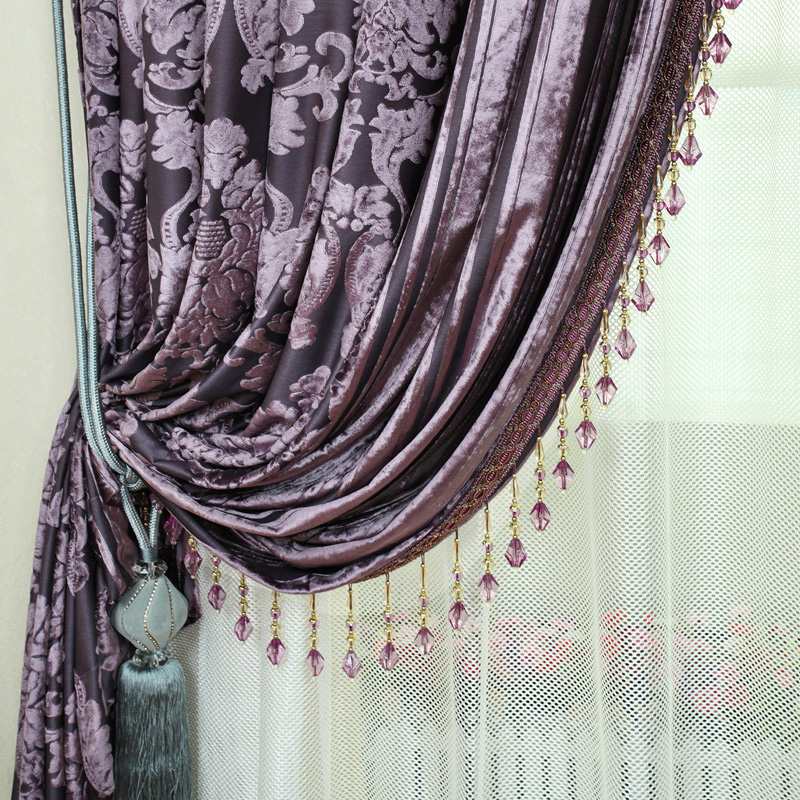
Review of decorative tassels for curtains
Such decorative accessories are presented in various designs, for example, they can vary depending on the thickness, shape, palette of shades, texture. An unusual option is tassels for curtains on magnets. In the production process, all sorts of components are used - beads, glass beads, floral motifs and much more.
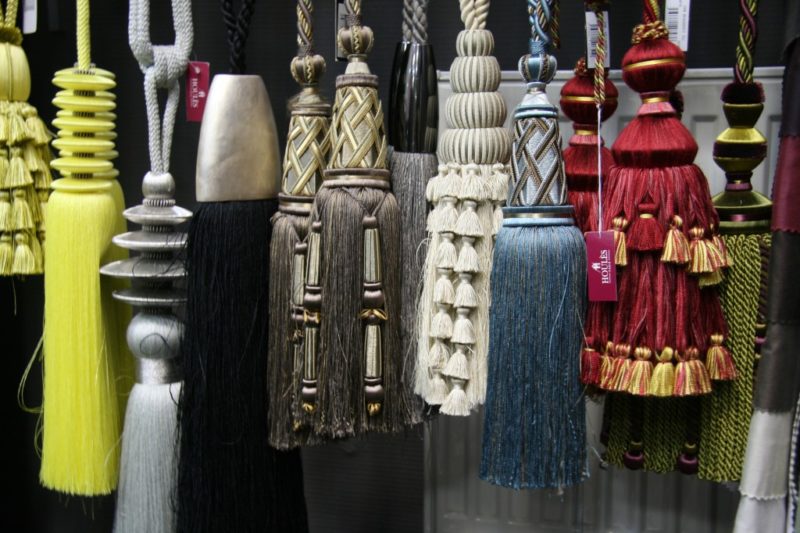
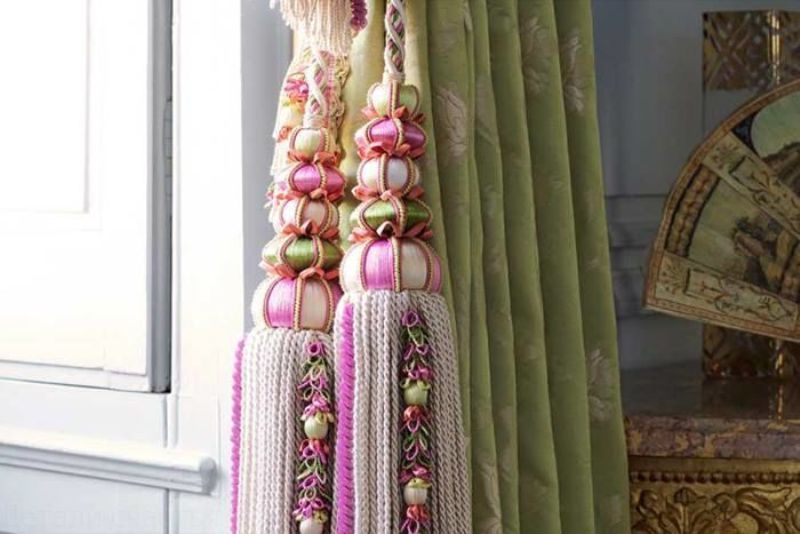
Curtain tassels are a bunch of threads tied in the middle with a thin ribbon with an unusual pattern. Organza, cotton, wool and synthetic materials are used for their production. Since ancient times, noble persons preferred products decorated with precious stones and semi-precious metals.
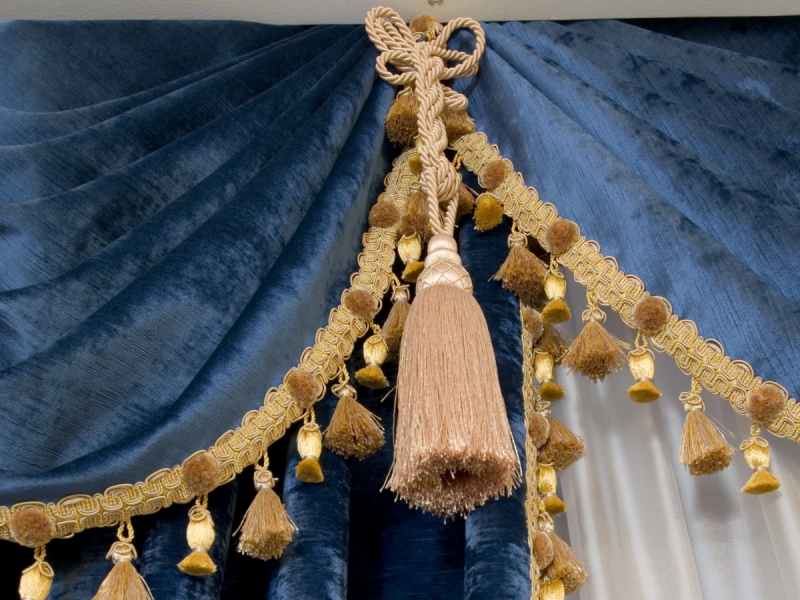
Today you can buy the following variations:
- products connected to the canvas;
- small tassels located along all edges at an equal distance from each other;
- placed on cords;
- balls (made using gilded and silver cords, ribbons and threads).
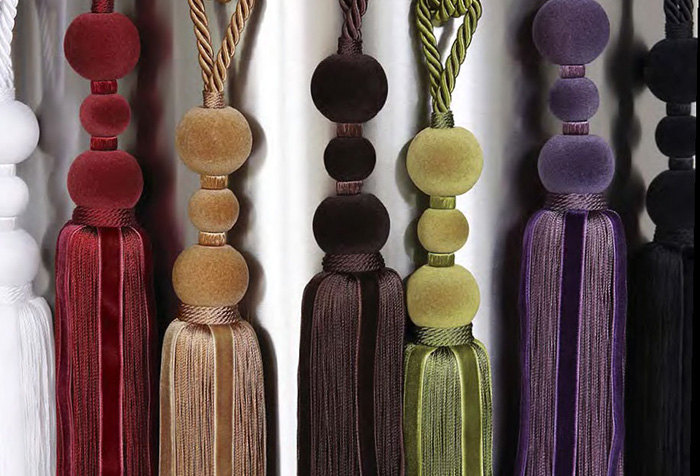
Curtain tiebacks: application options and purpose
Textile decorative elements will help create a unique design and add exquisite notes to any room. They should be selected based on the color palette of the interior. For example, a thin texture will be an ideal addition to curtains, large and voluminous items are hung on a grab.
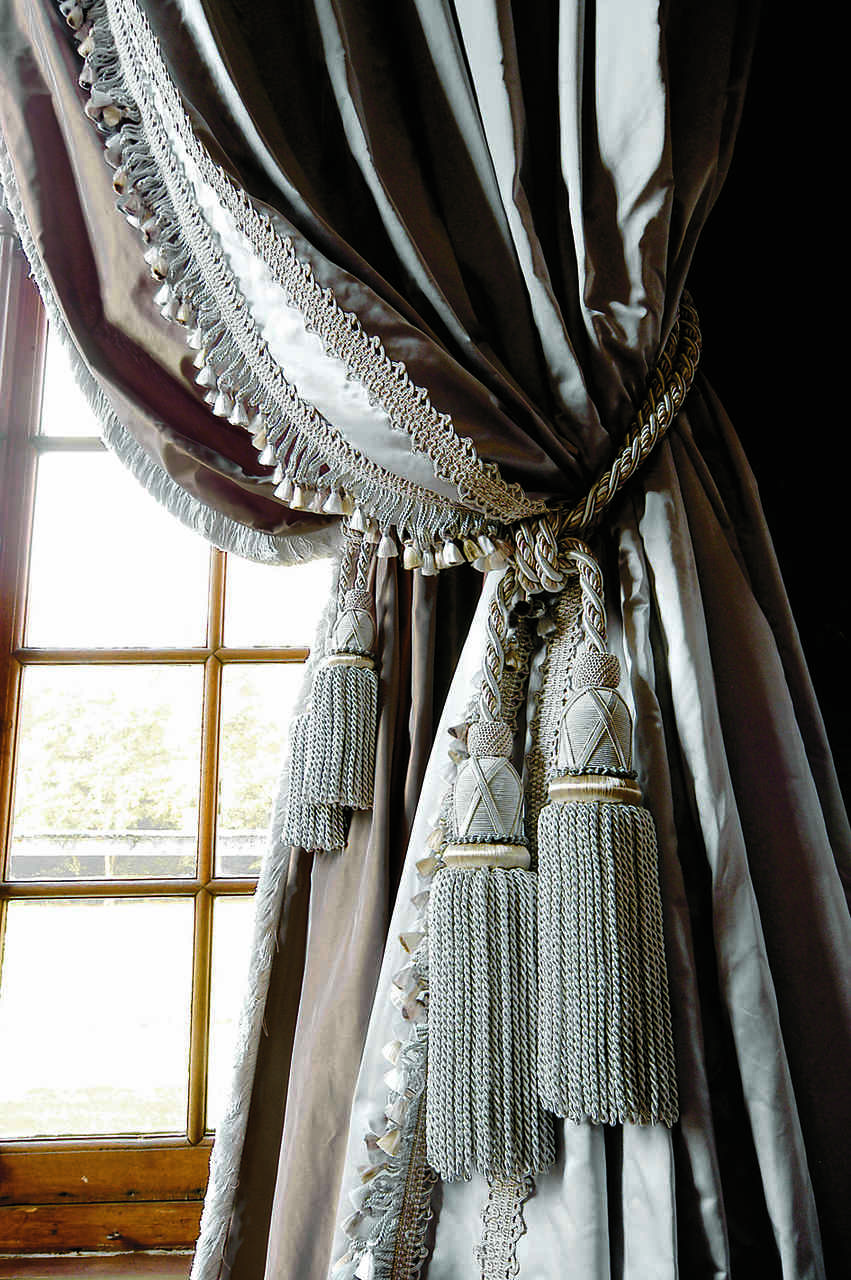
In most cases, such elements are used in the bedroom or living room, they emphasize their functional purpose. Positive functions include:
- create coziness and comfort, provided that the elements are selected to match the curtains;
- bring in a festive touch through a brighter palette selection;
- exclusive accessories will add uniqueness to the room;
- A variety of threads in the interior element will add solemnity to the room.
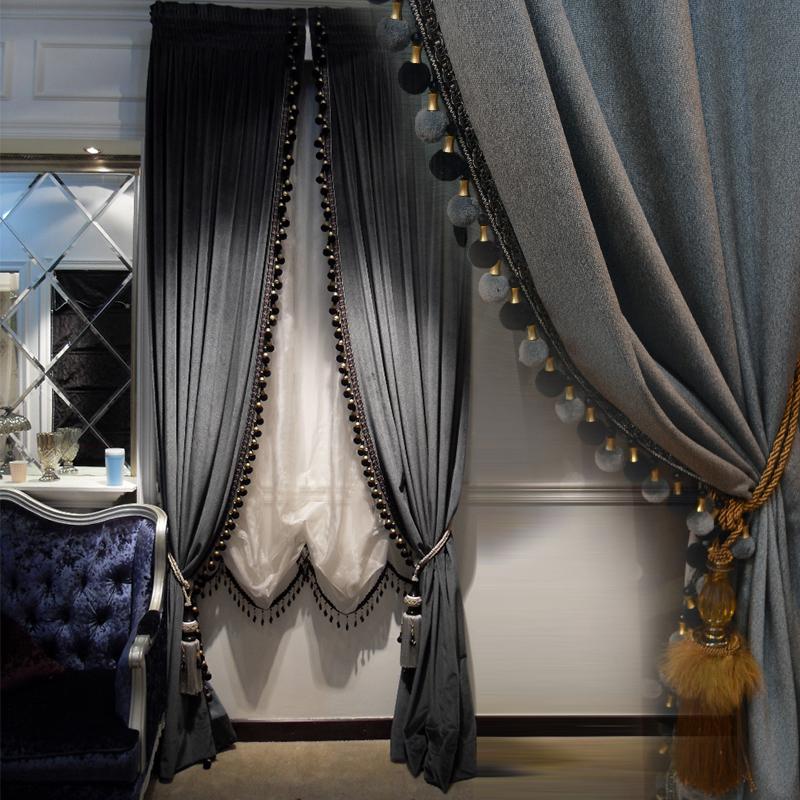
Brushes can be not only a decoration, but also provide other interesting possibilities:
- variety of monotony;
- fixing the designed drapery;
- emphasis on the color scheme of the design;
- emphasizing the aesthetic features of the style.
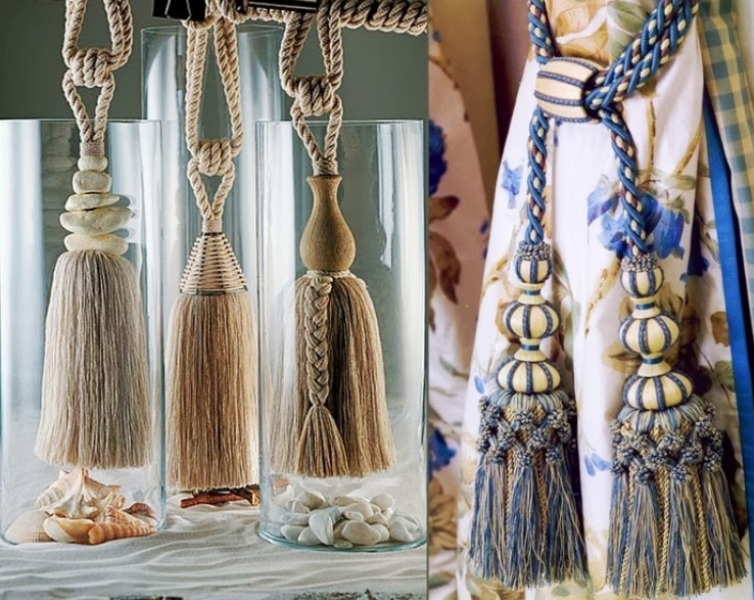
How to make tassels and grabs with your own hands?
For craftswomen who prefer to create hand-made items, we offer a master class on their production. To do this, you will need to prepare the following set of components:
- cardboard;
- yarn in the selected color range;
- a wooden ball or a small ball;
- cord made of synthetic materials.
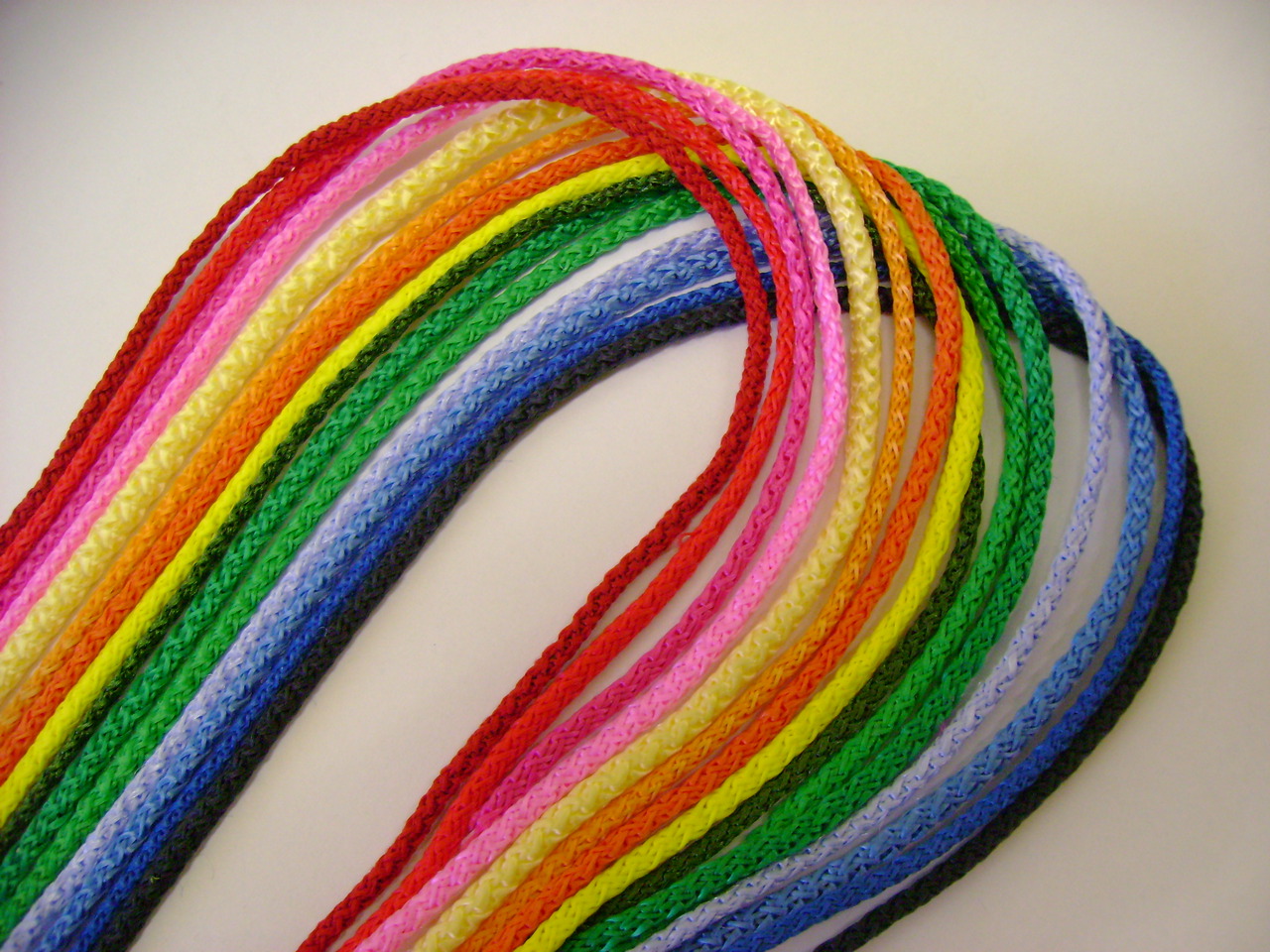
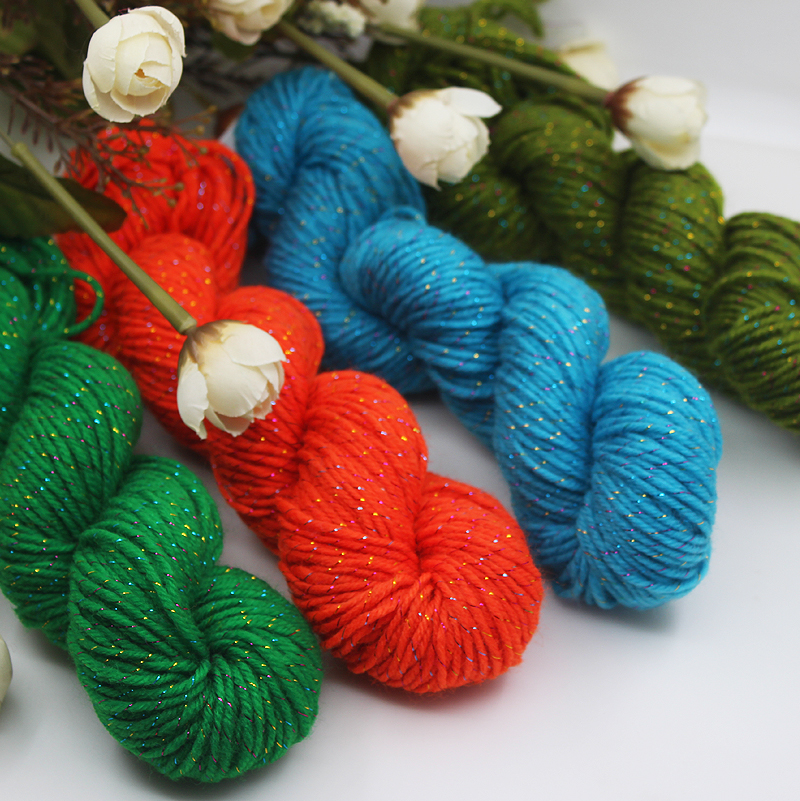
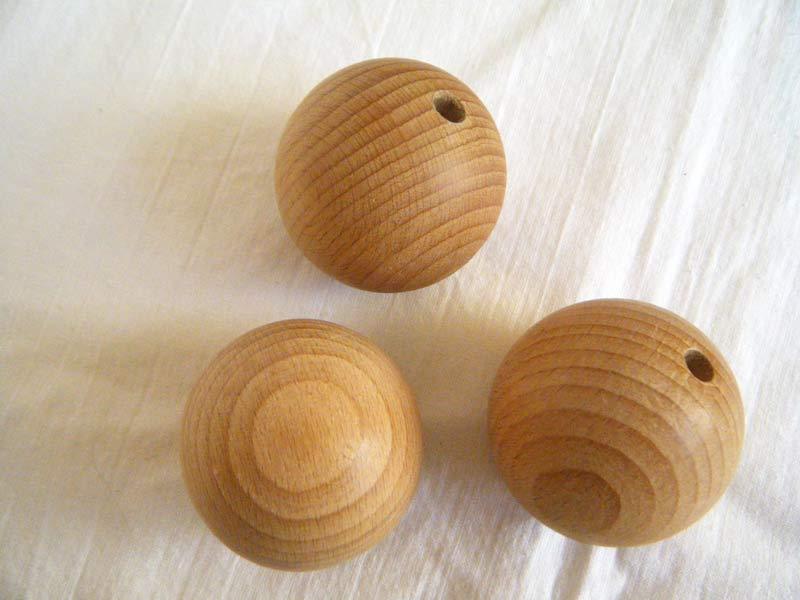
Place a cord inside the wooden ball, onto which the tassel will be placed later. You can fix it in various ways - with hot glue or sew it on. You need to place a bottle cap or a scotch tape reel on the ball. The "skirt" of the tassel will then be attached to this blank.
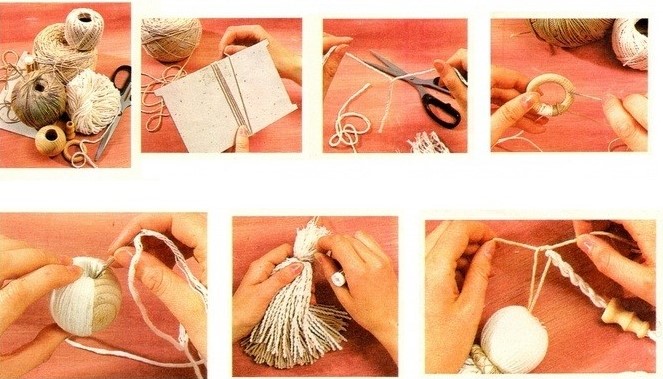
Next, we proceed to its preparation. To do this, use a cardboard stencil in the form of a rectangle, on which many threads of yarn are placed. The last layer is glued, then cut the applied elements at the bottom. The formed fringe is fixed with glue to the workpiece. As a decoration, we recommend using braid, beads, glass beads. Such particles are glued to the yarn in a random order.
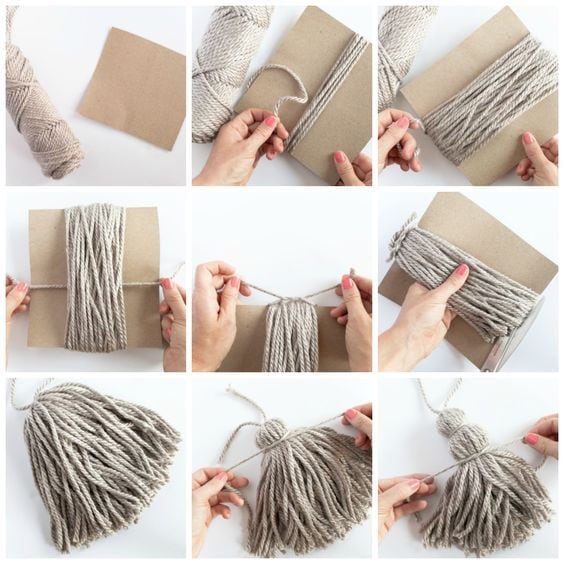
The manual method of production is inexpensive, almost 2 times cheaper than the finished products sold.
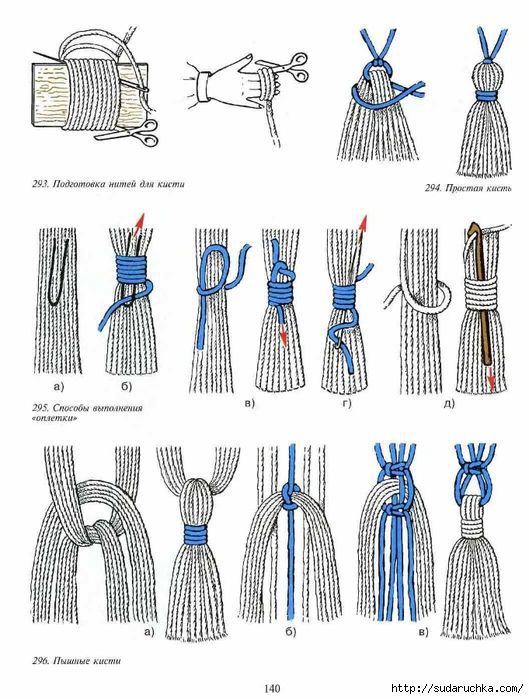
Regardless of the type of production and materials used, there are correct ways to secure decorated accessories.
- A special hook is placed in the wall, on which an elegant cord is fixed. You can tie the tassel trim on it with a double knot.
- It is possible to use 2 tapes at once. They are pre-decorated with tassels and are fixed on a hook, they embrace the curtain from both sides.
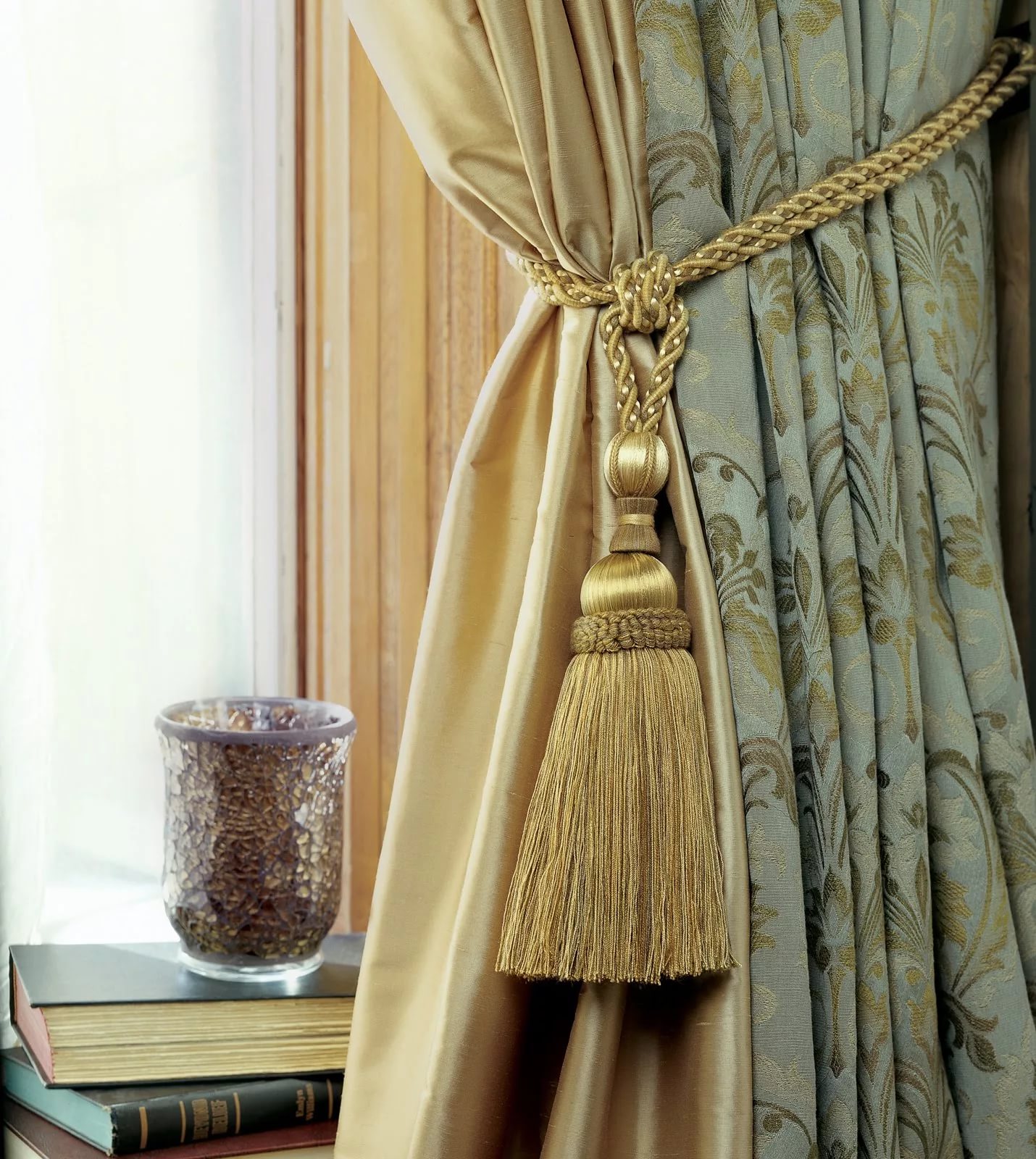
The best examples of curtain decoration with tassels, photos in the interior
With the help of grabs, the hostess will be able to control the level of lighting in the room. Such accessories are easy to use and maintain. If desired, they can be replaced with new ones, and without much difficulty.
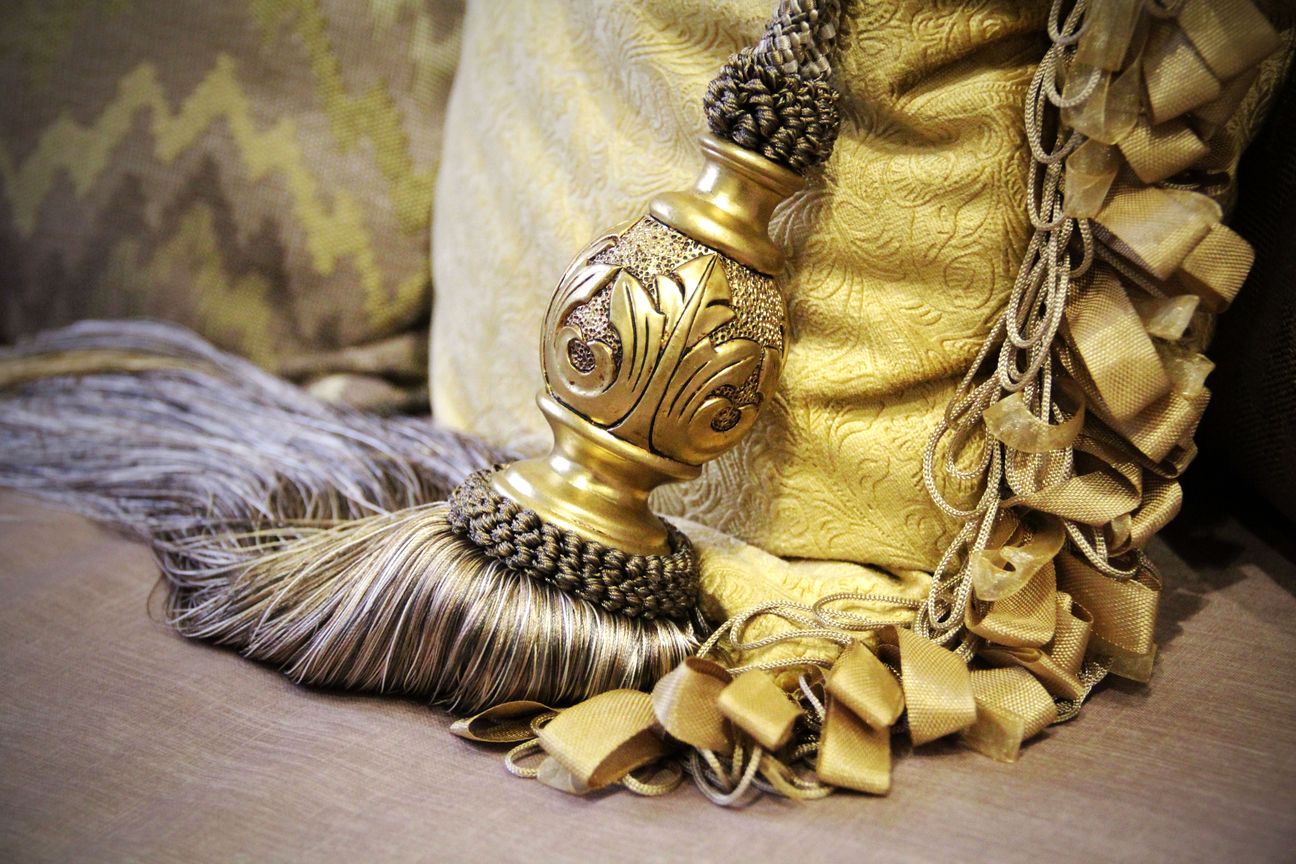
Tassels give curtains and drapes the necessary shape and fix them in the right position. Today, they are most often used to decorate grabs, lambrequins or edges of fabric. An unusual design will bring refined, elegant and luxurious notes to the interior, will show the status of the apartment owners and their impeccable taste.
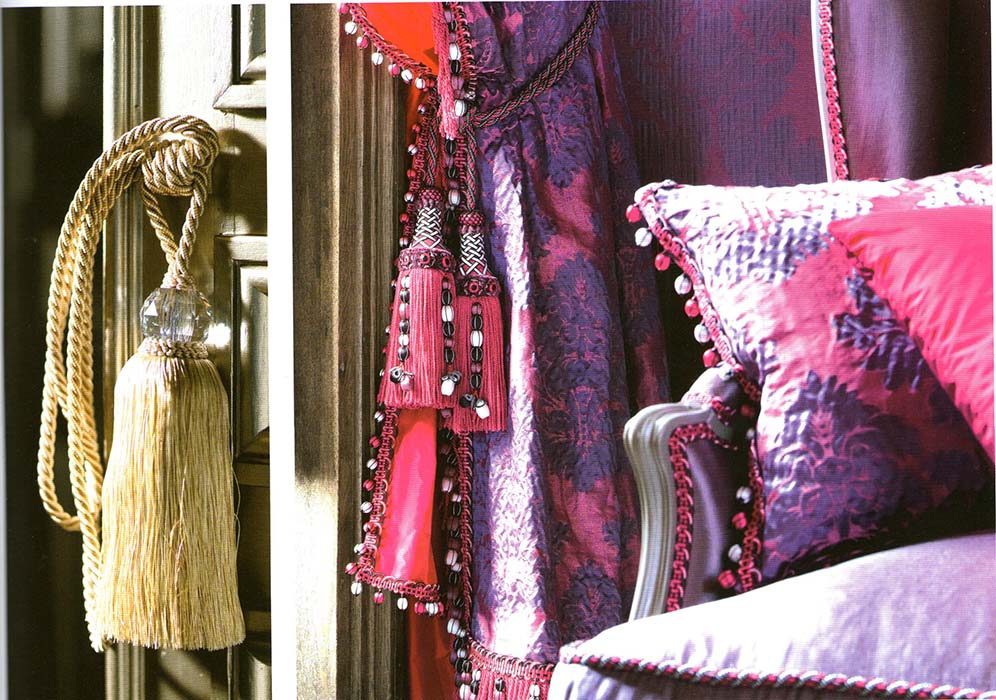
The use of such accessories can give the room a unique look, diversify the style and add bright notes and solemnity. Such decorative elements are perfect for the kitchen, living room and bedroom. They will fill the apartment with nobility and luxury.
